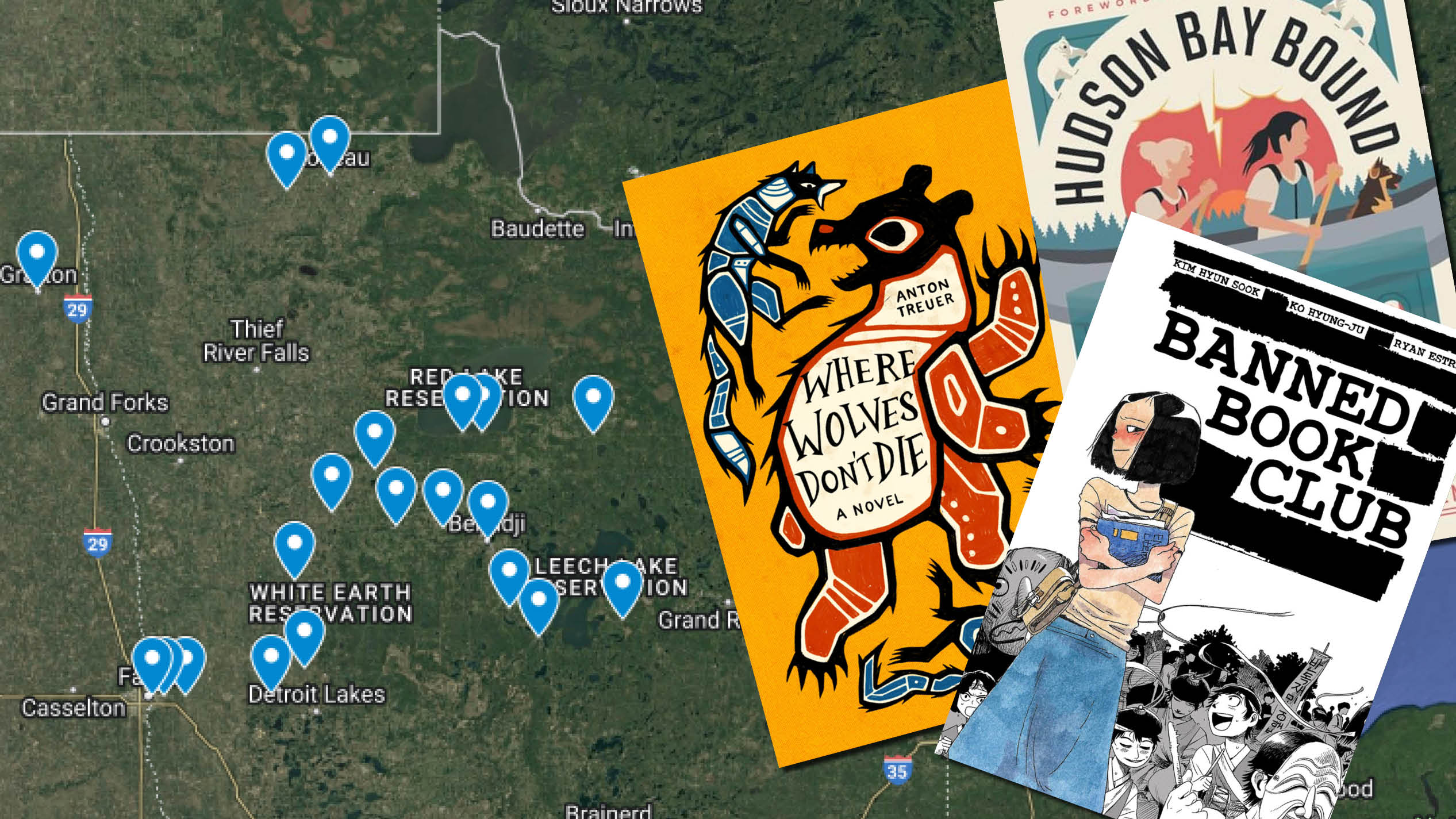
Bemidji State University students spent the summer helping rural Minnesota high school readers stay connected to books.
Through its Reaching Rural Readers program, interested readers get free access to novels, participate in guided conversations led by BSU students and meet the authors of the books they’re reading.
Kathrina O’Connell, associate professor of professional education, helped launch the project. She took cues from a program she started several years prior: A summer literacy academy that provided equitable, enrichment-focused summer learning opportunities for middle-school students who might not otherwise have them. She said that academy was not only successful, but also left participants wanting more.
“When students graduated from the program, parents asked if we would have anything for older students,” she said.
That experience led to a conversation with Dr. Danielle Sullivan, associate professor of English at BSU, about developing a guided summer reading opportunity for high school students.
“We wanted to provide free books in rural areas in Minnesota and bring everyone together to talk about books and engage in literacy,” O’Connell said.
She added that in rural areas, students often lack access to books through libraries, mobile services or even retail or second-hand stores, and may not have the resources to obtain the books they can access.
“We wanted to make sure that when our students get these books, they own them forever,” O’Connell said. “That’s highly motivating for students. When students own books, they’re more likely to read them.”
Reaching Rural Readers has wrapped its second year, with 16 high school students from 13 Minnesota communities participating in the program. Five BSU students guided readers through conversations on three books — “Banned Book Club” by Ryan Estrada, “Hudson Bay Bound” by Natalie Warren and “Where Wolves Don’t Die” by Dr. Anton Treuer, professor of Ojibwe at Bemidji State.
The “Banned Book Club” and “Hudson Bay Bound” conversations took place in June and July, respectively, with students discussing “Where Wolves Don’t Die” in August.
In addition to providing a fun literacy opportunity for students, Sullivan also saw a program that could help BSU’s professional education majors — future classroom teachers — develop their own skills in leading book discussions and guiding structured online learning opportunities.
“It’s morphed into this beautiful combination of supporting high school readers and our pre-service teachers, as well,” she said.
Merideth Klingbeil, an English education major from Wells, Minnesota, has used the program to develop her teaching skills during both years of its existence so far.
“I saw an opportunity to get involved and to practice teaching online, which is something I had never done before,” Klingbeil said. “I had a fun time with this and felt like I had more I could learn about teaching online, so I returned for the second year.”
Sullivan said that her work with teacher candidates demonstrated that they understand literacy means more than just having specific skills. However, once in their classrooms, student-teachers tended to default to a skills-based approach to literacy, particularly in discussions. And in those classrooms, Sullivan would see missed opportunities for students to connect stories to themselves and their communities: To, as Sullivan said, make meaning of the texts.
“It feels comfortable and safe to talk about vocabulary words or ask comprehension questions — and that is important,” Sullivan said. “But it’s reductive and largely ineffective to solely focus on those aspects of a text. Reaching Rural Readers gives our students an opportunity to create meaningful discussions so they can be practiced with this and take those techniques into their classrooms.”
O’Connell said that although Reaching Rural Readers has created a structure that enables deeper conversations about books, the decision to engage with those conversations still lies within each reader.
“They get all three books, but it’s up to them if they read them or not,” she said. “There is no homework, no essay, no follow-up coursework that they need to do. We hope that they read the books and we hope that they enjoy them — but that’s up to them.”
Reaching Rural Readers will return for a third summer next year, with registration for the program opening in March 2026. Visit reachingruralreaders.org to learn more.
